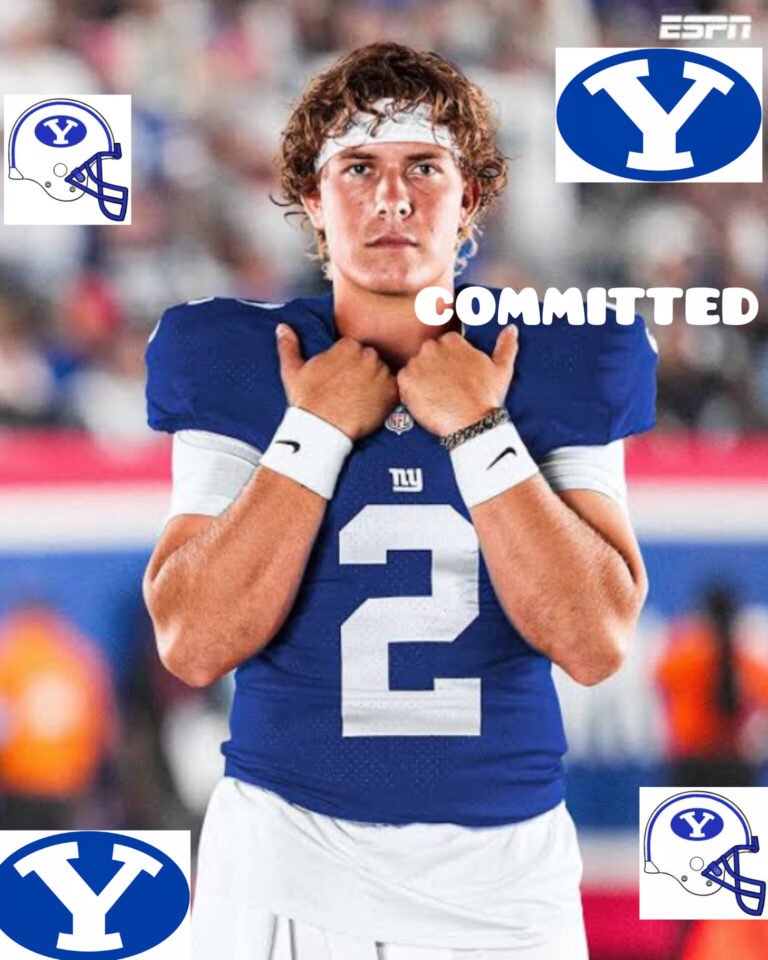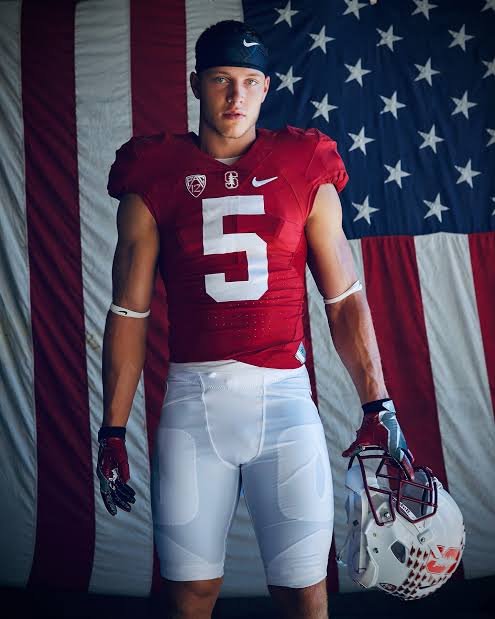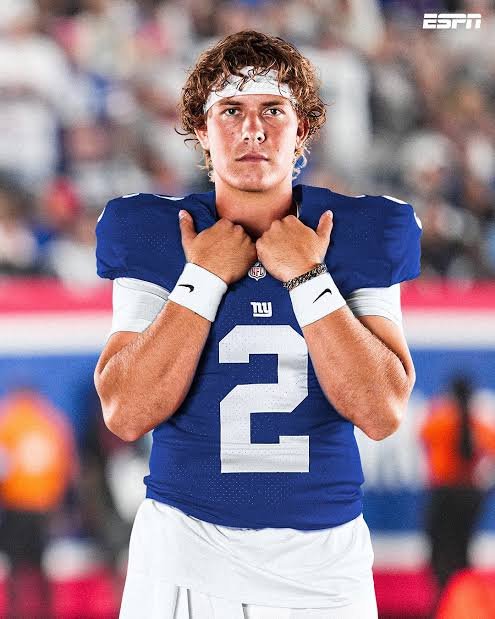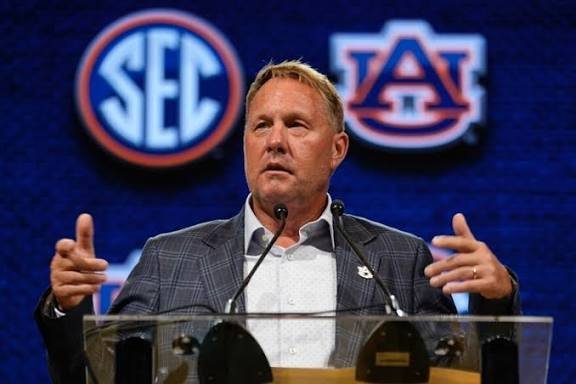
Gail Goodrich Declares the Greatest Basketball Player of All Time: A Legend Reflects on the True GOAT Beyond the Numbers, Rings, and Eras
In the endless debate over the greatest basketball player of all time, fans and pundits often reduce the argument to championships won, scoring titles, or modern-day dominance. But for Gail Goodrich, a Hall of Famer and former Lakers guard who played alongside giants of the game, the answer is clear—and it lies beyond the surface of statistics and flashy highlight reels.
“The greatest player to ever play this game is Wilt Chamberlain,” Goodrich stated recently, reigniting the conversation with a bold and thoughtful declaration. “It’s not just about the rings or the era—it’s about dominance. And no one ever dominated the NBA like Wilt.”
Wilt: A Force the Game Couldn’t Contain
Goodrich’s remarks come with a deep personal understanding of Chamberlain’s presence. He shared the floor with the big man during the early 1970s and saw firsthand what Wilt was capable of—even in the twilight of his career. But Goodrich’s perspective reaches back further—to an often-overlooked shift in 1965 that might have changed how the world sees Wilt Chamberlain.
“In 1965, coaches asked Wilt to pass more and shoot less,” Goodrich noted. “Imagine the kind of numbers he would have put up if they just let him be who he was meant to be.”
It’s not a hypothetical. Wilt’s resume is already mythical:
- 100 points in a single game
- Averaged 50.4 points per game in a season
- Career averages of 30.1 points and 22.9 rebounds per game
- The only player in NBA history with 20+ points and 20+ rebounds per game for an entire career
And yet, his greatness was often tempered—by his coaches, by the league, and even by the expectations of what a big man should be.
Changing the Game—and Then Being Asked to Change Himself
Wilt Chamberlain didn’t just play basketball—he rewrote it. His sheer size, strength, and athleticism overwhelmed defenders. His ability to score at will turned games into exhibitions of personal dominance. But as Goodrich points out, the very system that elevated Wilt also worked against him.
“They wanted to change him,” Goodrich said. “The league had never seen anything like him, and instead of embracing it, they tried to mold him into something more palatable—more team-oriented. But why try to tame a lion?”
By the mid-1960s, Chamberlain led the league in assists—as a center. He wasn’t just dunking on defenders; he was feeding his teammates, controlling the tempo, and doing exactly what was asked of him. And yet, that choice—imposed by coaches—may have cost him additional records and perhaps even broader recognition.
GOAT Talk: Beyond the Rings
In today’s GOAT discussions, the emphasis often lands on players like Michael Jordan and LeBron James—rightfully celebrated for their success, longevity, and leadership. But Goodrich challenges fans to look deeper.
“People talk about championships. I get it. Jordan has six. LeBron’s doing things no one’s done at his age. But Wilt changed everything. And you can’t measure his greatness just by the number of rings on his hand.”
In fact, Wilt’s career was often marked by contradictions. He was blamed for losing despite putting up historic numbers. He was too dominant to be appreciated, too different to be understood. And yet, he was the measuring stick for generations.
“Wilt didn’t just play the game,” Goodrich concluded. “He was the game. The rules changed because of him. The paint was widened, goaltending was redefined. That doesn’t happen unless you’re truly the greatest.”
A Legacy Carved in Stone—But Not Fully Understood
As the NBA continues to evolve, the debate over who truly owns the title of Greatest of All Time will persist. But Gail Goodrich’s voice cuts through the noise with reverence and clarity: Wilt Chamberlain, for all his might and misunderstood versatility, remains unmatched.
Perhaps the real tragedy of Wilt’s career isn’t what he did—but what he was never allowed to keep doing. Because if the league had let him be himself, the record books might look even more absurd—and the GOAT debate might not be a debate at all.



